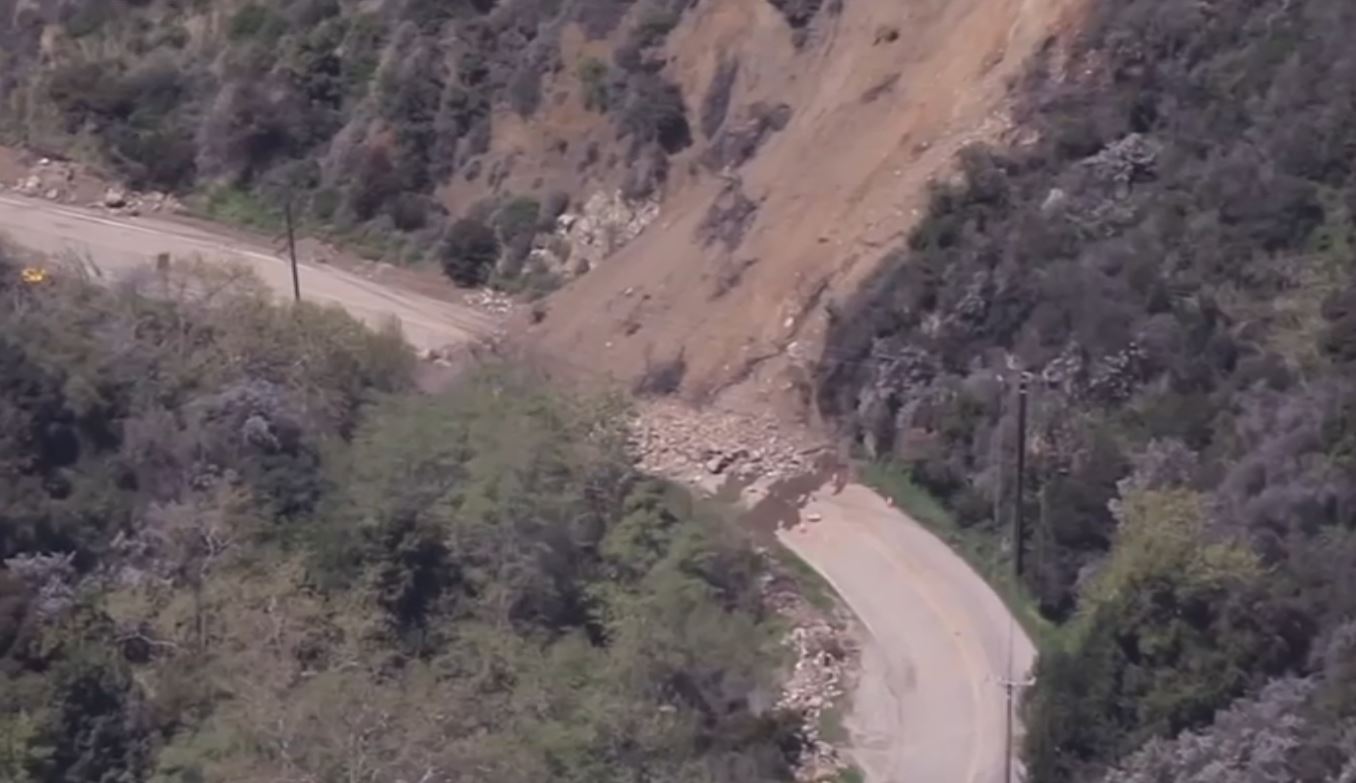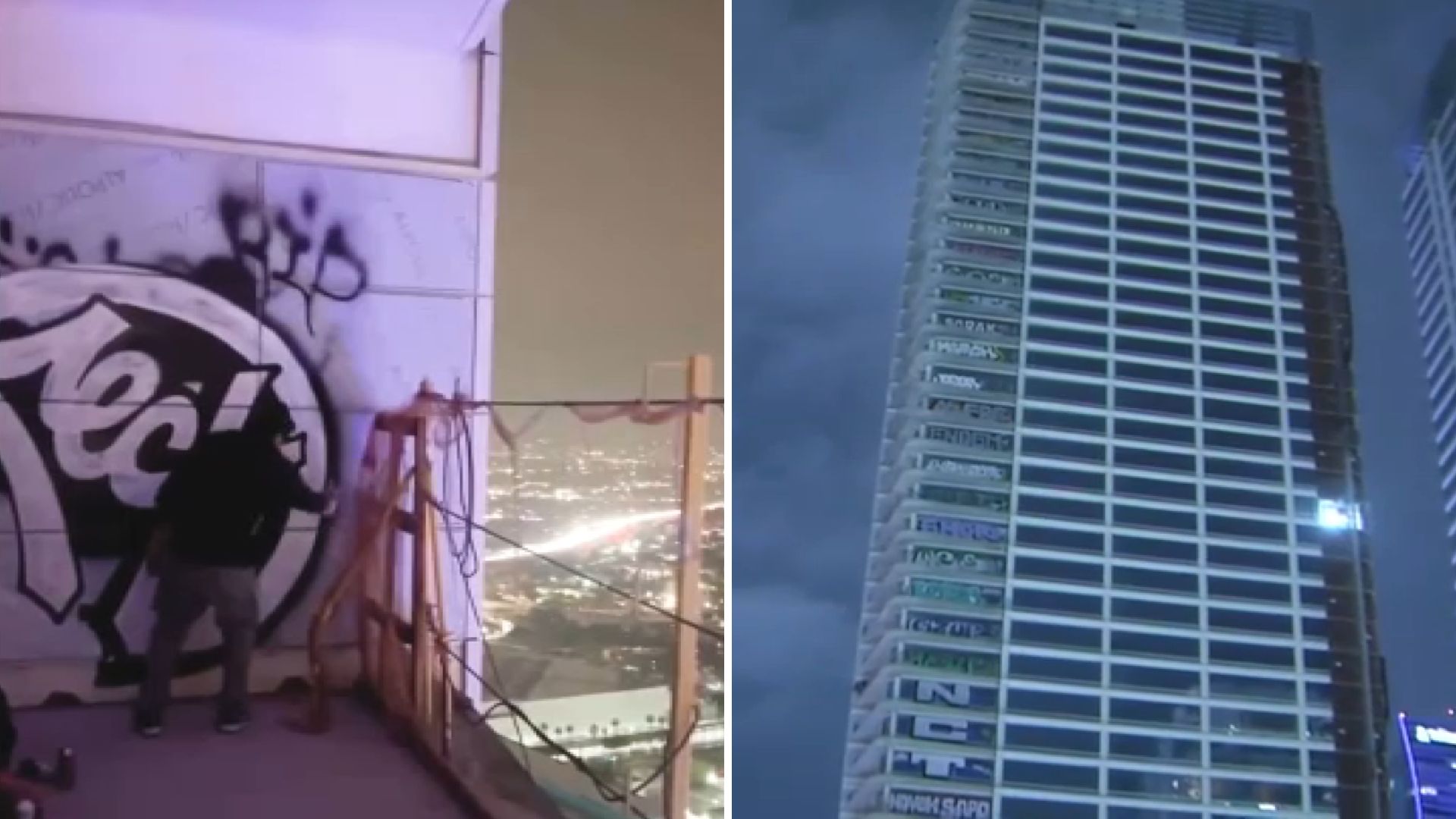Hanukkah, Judaism's eight-day commemoration of the temple rededication that followed the Maccabees' victory over a larger Syrian army in 165 B.C., begins at sundown Sunday.
Free public menorah lighting ceremonies are scheduled for the Hermosa Beach Pier (3 p.m.); Mar Vista Recreation Center (3 p.m.); Pasadena City Hall (3:30 p.m.); Battleship Iowa at the Port of Los Angeles (4 p.m.); Santa Monica Pier (4:15 p.m.); Culver City City Hall (4:30 p.m.); Beverly Canon Gardens in Beverly Hills (4:30 p.m.); Farmers Market (5:15 p.m.); the Palisades Village shopping complex (6 p.m.); Third Street Promenade in Santa Monica (6 p.m.); and other locations.
Once the Jews defeated the Hellenist Syrian forces of Antiochus IV at the end of a three-year rebellion, the temple in Jerusalem, which the occupiers had dedicated to the worship of Zeus, was rededicated by Judah Maccabee, who led the insurgency begun by his father, the high priest Mattathias.
According to the story of Hanukkah, Maccabee and his soldiers wanted to light the temple's ceremonial lamp with ritually pure olive oil as part of their rededication but found only enough oil to burn for one day. The oil, however, burned for eight days in what was held to be a miracle.
Hanukkah -- which means dedication in Hebrew -- is observed around the world by lighting candles in a special menorah called a Hanukkiah each day at sundown for eight days, with an additional candle added each day.
The reason for the lights is so passers-by should see them and be reminded of the holiday's miracle.
Other Hanukkah traditions include spinning a dreidel, a four-sided top, which partially commemorates a game that Jews under Greek domination are believed to have played to camouflage their Torah study, and eating foods fried in oil, such as latkes, pancakes of grated raw potatoes, and jelly doughnuts.
News
Top news of the day
Children receive Hanukkah "gelt'' (the Yiddish word for money) from parents and grandparents. The tradition originated with 17th century Polish Jews giving money to their children to give their teachers during Hanukkah, which led to parents also giving children money.
In the United States, the practice has evolved into giving holiday gifts to children and others.
Unlike on the High Holy Days of Rosh Hashana, the Jewish new year, or Yom Kippur, the Day of Atonement, observant Jews are permitted to work and attend school during Hanukkah, the only Jewish holiday that commemorates a military victory.
"The meaning of Hanukkah is about the triumph of hope in the face of adversity,'' Rabbi Ilana Grinblat, vice president of community engagement for the Board of Rabbis at The Jewish Federation of Greater Los Angeles, told City News Service.
"The holiday begins with the lighting of one candle and a candle is added each night until eight candles are lit on the last night, along with the shamash, the candle which is used to light the others. This increasing light represents heightened joy.
"This year, we begin this holiday in an excruciating moment for our community and our country. In the past few weeks, the shooting in the Tree of Life-Or L'Simcha Congregation in Pittsburgh was followed by the shooting in Thousand Oaks and the fires in which many lost their lives and homes, and community institutions were damaged or destroyed.
"With all this precariousness, we need the message of Hanukkah even more this year. May the light and joy of the holiday bring us a measure of healing and rekindle our spirits.''



